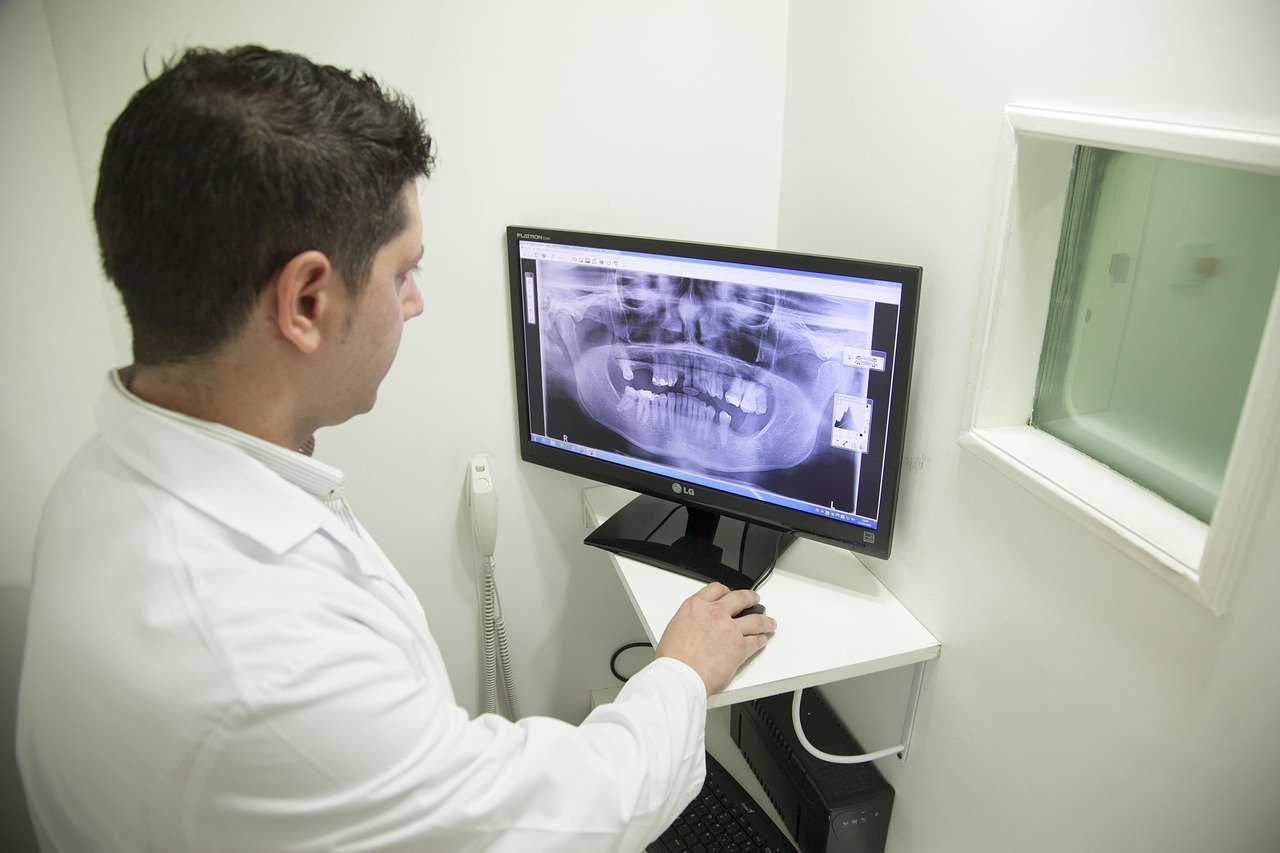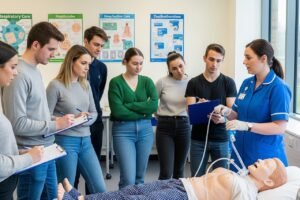
How Practical Training Shapes the Future of Nursing Students
Introduction
In nursing education, theory is essential — but practical training is what transforms students into capable healthcare professionals. The Millennium Group of Institutions understands this balance perfectly. Through advanced labs, hospital tie-ups, and real-world exposure, students gain hands-on experience that builds confidence and competence.
Bridging the Gap Between Theory and Practice
Classroom learning provides knowledge, but clinical training helps apply that knowledge in real-life situations. Students learn to handle patients, use medical equipment, and respond to emergencies — preparing them for the real world.
Clinical Exposure in Hospitals
Our nursing students receive training in leading hospitals, where they observe surgeries, assist senior nurses, and interact directly with patients. This experience builds professionalism, empathy, and teamwork — core values in nursing.
Simulation Labs and Skill Development
Before entering hospital wards, students practice in simulation labs equipped with lifelike mannequins and digital tools. This environment allows them to perform procedures safely and confidently.
Role of Mentorship in Clinical Learning
Each student is guided by experienced faculty and clinical supervisors. These mentors help students understand hospital protocols, manage patient care, and maintain ethical standards.
Communication and Empathy Training
Practical sessions also focus on soft skills — communicating with patients, dealing with families, and managing stress. These abilities are just as important as technical skills in healthcare.
Exposure to Specialized Departments
Students rotate through departments like ICU, pediatrics, obstetrics, and psychiatry, gaining experience in different areas of care. This helps them identify their area of interest for future specialization.
Evaluation and Feedback
After each clinical posting, students receive constructive feedback. This helps them identify strengths, work on weaknesses, and improve performance continuously.
Building Career Readiness
By the time students graduate, they’re fully prepared to enter the workforce. They’ve already worked in hospitals, handled cases, and developed the professional attitude employers value most.
Conclusion
At The Millennium Group of Institutions – Nursing College, practical training isn’t just a part of the curriculum — it’s the foundation of our teaching philosophy. We believe in shaping nurses who are not only knowledgeable but also confident, compassionate, and capable of making a real impact in the healthcare industry.


